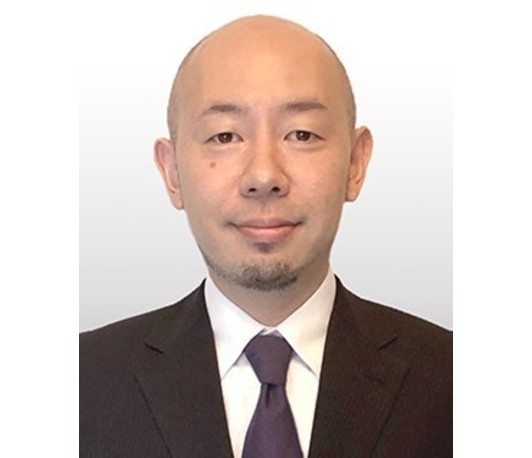MPI Kolloquiumsreihe: Prof. Yoshiaki Kawajiri, Nagoya University: Uncertainty quantification for adsorption and chromatographic process models
MPI Kolloquiumsreihe: Prof. Yoshiaki Kawajiri, Nagoya University
- Datum: 11.01.2024
- Uhrzeit: 14:00 - 16:00
- Vortragende(r): Prof. Yoshiaki Kawajiri, Process Systems Engineering, Nagoya University, Japan
- Ort: Max-Planck-Institut Magdeburg
- Raum: Großer Seminarraum "Prigogine"
- Gastgeber: MPI Forschungskoordination
- Kontakt: oelbermann@mpi-magdeburg.mpg.de

Das Max-Planck-Institut Magdeburg lädt Sie herzlich zu seiner öffentlichen Kolloquiumsreihe ein.
Hochrangige WissenschaftlerInnen verschiedener Fachgebiete aus renommierten Forschungseinrichtungen aus Deutschland und weltweit präsentieren ihre Forschungsarbeit.
Einwahl per Zoom: https://eu02web.zoom-x.de/j/7302508065
Abstract
In this presentation, Bayesian estimation techniques are applied to estimate model parameters and quantify model uncertainties. By applying the Bayesian principle, model parameters are estimated as posterior probability distributions, utilizing prior knowledge as prior probability distributions. This quantification can be realized by a sequential Monte Carlo sampling technique that reduces computational effort. Some case studies are presented including adsorption isotherms and chromatographic processes. The flexibility of this framework is demonstrated in handling multiple data sources effectively in a hierarchical manner, while quantifying differences among data sets.
To facilitate robust process design and operation, uncertainties in mathematical models should be quantified. However, uncertainty quantification can be challenging for many chemical processes. Model uncertainties are often ignored or quantified approximately by linearizing the model. Such approaches may not ensure sufficient robustness.
Developing a chemical process requires a robust mathematical model to predict the performance accurately. To increase the robustness, data should be obtained carefully so that parameters in the models can be obtained efficiently and accurately. Numerous challenges arise in modeling complex chemical processes. Adsorption and chromatographic processes, for instance, are intrinsically dynamic processes that do not have a steady state, where complex equilibrium as well as kinetics must be modeled carefully so that sufficiently accurate predictions can be given. Many experimental tests must be carried out to obtain data that reveal the equilibrium and mass transfer mechanisms.
Über den Sprecher (Website)
Professor Kawajiri ist ein herausragender Experte auf dem Gebiet der Materialprozesstechnik. Er ist Professor für Materialprozesstechnik und Professor am Forschungszentrum für eine kohlenstofffreie Gesellschaft (gemeinsame Berufung) an der Universität Nagoya. Mit Abschlüssen von der Kansai University (Japan) und einem Ph.D. von der Carnegie Mellon University (USA) hat Professor Kawajiri seine berufliche Laufbahn an verschiedenen renommierten Institutionen verbracht, darunter als Postdoktorand am Max-Planck-Institut selbst (2007-2008). Seine umfassende Erfahrung umfasst Positionen als R&D Engineer bei Organo Corporation in Japan, assistant und associated (tenured) Professor am Georgia Institute of Technology, und zuletzt als Gastprofessor an der Lappeenranta-Lahti University of Technology in Finnland.
Professor Kawajiris Forschungsschwerpunkt liegt auf der Entwicklung mathematisch robuster Modelle zur präzisen Vorhersage der Leistung chemischer Prozesse, mit einem besonderen Augenmerk auf Trenn- und Reinigungsprozesse wie Adsorption und Chromatographie. Er hat beachtliche Anerkennung in der wissenschaftlichen Gemeinschaft erhalten, darunter den Alexander von Humboldt-Forschungsstipendium und mehrere renommierte Auszeichnungen. Er ist auch in verschiedenen wissenschaftlichen Gremien aktiv, einschließlich als Herausgeber von 'Chemical Engineering Science' und Vorstandsmitglied der International Adsorption Society.